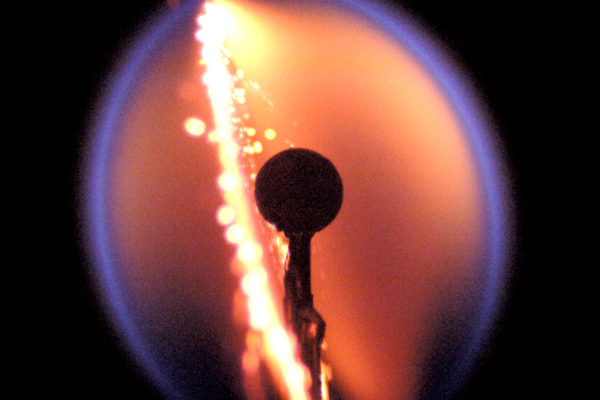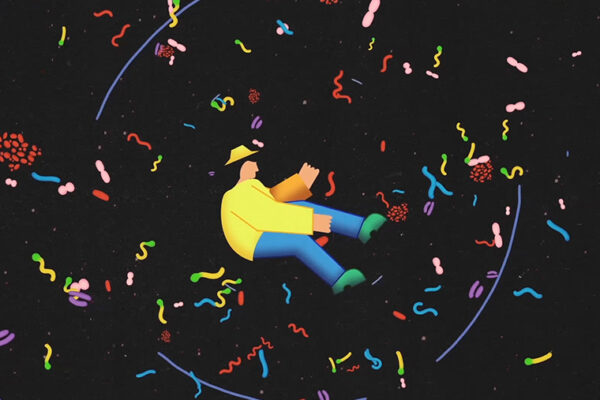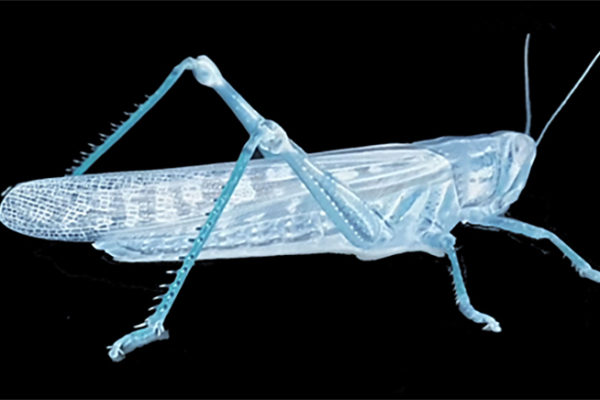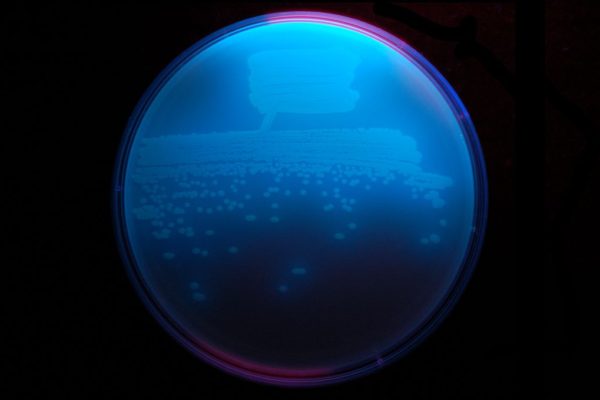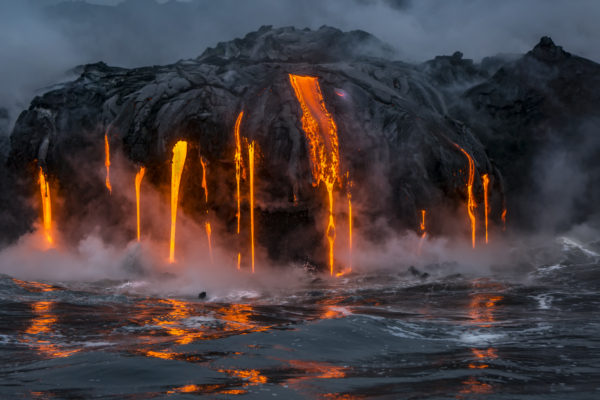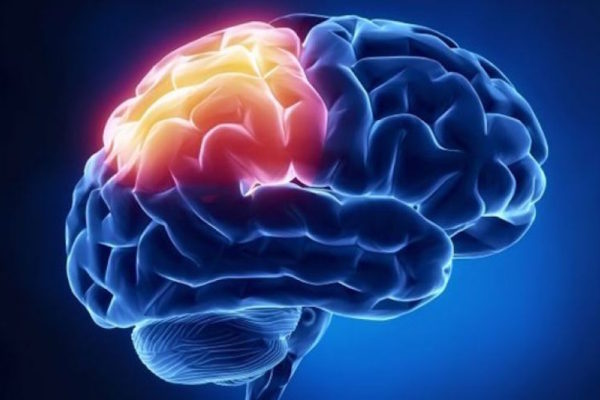Three questions with Deko Ricketts on studying solar energy
Deko Ricketts, BS ’17, is a rising star in the solar world. Prior to graduating, he was already a project engineer at Azimuth Energy, leading a solar-energy project in Kingston, Jamaica.
Shaking Schrödinger’s cat
Frequent measurement of a quantum system’s state can either speed or delay its collapse, effects called the quantum Zeno and quantum anti-Zeno effect. But so too can “quasimeasurements” that only poke the system and garner no information about its state.
Engineers launch experiment into space
An experiment designed by an engineering team at Washington University in St. Louis soon will be performed in space. The experiment, called Flame Design, was on board a SpaceX Dragon rocket that launched into orbit June 3.
Bacteria that Eat Electricity
Just when we thought we knew it all, scientists have discovered that there are microbes that eat electricity, which is about as strange as people snacking by shoving a finger in an electric socket. What’s more, these microbes are very common. Scientists are finding them in many different places. They’ve remained hidden so long because […]
What a locust’s nose taught engineers about monkeys’ ears
A team of biomedical engineers at Washington University in St. Louis recently completed a study offering profound implications for how sensory information may be encoded in the brain.
A ring to bind them
Using genomics, a chemistry lab has worked out the biosynthetic machinery that makes a new class of antibiotic compounds called the beta-lactones. Like the beta-lactams, such as penicillin, they have an unstable four-member ring. The key to their antibiotic activity, it is also difficult to synthesize.
Death by volcano?
The discovery of anomalously high levels of mercury in rocks from the Ordivician geological period has led to a new interpretation of the ensuing mass extinction. A sequence of disturbances may have led to catastrophic cooling by reflective sulfate aerosols injected into the atmosphere by massive volcanism. The finding is important since aerosol cooling is under consideration as a way to temper global warming.
STEM students who learn by example may miss key concepts
No matter how smart, well-prepared or hard-working, many college students struggle with rigorous introductory science courses because their approach to learning fails to provide a working knowledge of abstract concepts that underlie examples presented in the classroom, suggests new research from Washington University in St. Louis.
Researchers to model brain’s memory network
Washington University in St. Louis brain scholars will join teams from four other universities in a five-year, $7.5 million research project that aims to build and test the most comprehensive model yet of how people understand and remember events.
New use for a pesky weed
Dandelions are much-maligned weeds, with a paratrooper-like seed dispersal system that makes them difficult to eradicate. However, new research from an engineer at Washington University in St. Louis finds a great benefit in an unlikely place for the pesky dandelion: each of its tiny seeds can be used as a perfect pipette in the laboratory setting.
Older Stories


